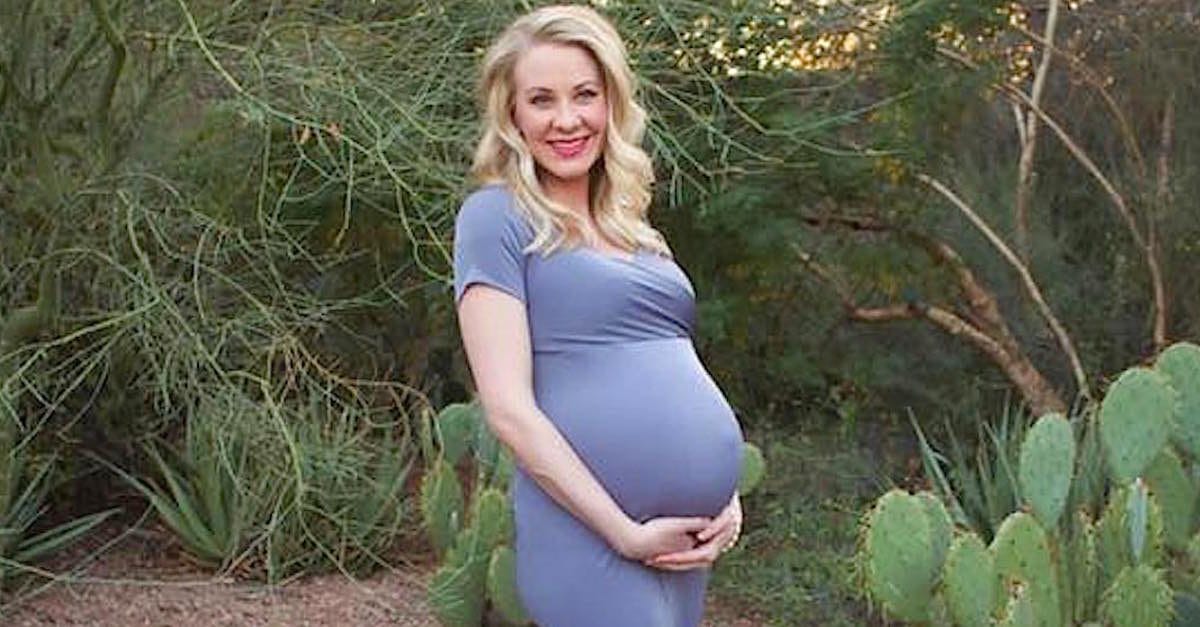More in BABY
-


BABY
Couple Turns Hardship Into Kindness By Donating Food And Clothes To Families In Need.
By BBB StaffLisha and Tom Watling of the Cayman Islands are among the millions of people who lost...
-


BABY
6-Yr-Old Takes World By Storm With Epic Drumming Skills He's Been Honing For Years.
By BBB StaffJustin “LJ” Wilson was born into a musical family and it definitely shows! His dad, Justin...
-


BABY
Man Spends A Year Earning Stray Cat’s Trust And Now They’re Best Friends.
By BBB StaffWhen Lex moved into his new home, the previous owners informed him that there were plenty...
-


BABY
Sisters Have Rare Encounter With Cardinal And Know It’s Their Late Mom Saying Hello.
By BBB StaffAfter loved ones pass on, many people tend to notice tiny miracles on ordinary days and...
-


BABY
Orchestra Brings Sir Anthony Hopkins’ Waltz To Life 50 Yrs After He Composed It.
By BBB StaffMost people think of iconic movie characters like Dr. Hannibal Lecter when they hear the name...
Advertisement
Trending
Advertisement



You must be logged in to post a comment Login